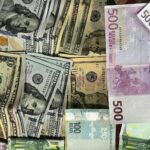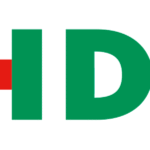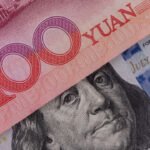Sept 5 (Reuters) – A look at the day ahead in Asian markets.
Investors in Asia are bracing for a wave of top-tier economic data releases on Thursday, as they continue to process this week’s market turbulence sparked by worries that the sought-after U.S. economy’s ‘soft landing’ could end in something far less benign.
But that will likely be more in hope than expectation as sentiment has turned decidedly bearish.
That’s a level of policy easing historically consistent with recession.
For Asian and emerging markets, falling U.S. yields and a weaker dollar are often positive signals. But not when they’re reflecting a potential recession on the horizon.
That’s the backdrop for a big day in the Asian calendar on Thursday, when Thailand, Taiwan and the Philippines release August inflation figures, Malaysia’s central bank announces an interest rate decision, and South Korea publishes revised second-quarter GDP data.
The Malaysian ringgit has emerged in recent weeks as the best performing Asian currency this year. This helps keep a lid on inflation, and with global volatility rising and the Fed about to cut U.S. rates, the ringgit could stay stronger for longer.
Another buoyant Asian currency is Japan’s yen, as yen-funded carry trades are unwound and the currency fulfills its traditional role as a safe harbor for investors in stormy times.
It rose around 1% against the dollar for a second day on Wednesday, and could be about to break into a new, stronger trading range.
Headline annual CPI inflation in the Philippines, meanwhile, is expected to slow to 3.6% from 4.4%, essentially halve to 0.4% from 0.83% in Thailand, and cool to 2.27% from 2.52% in Taiwan. Disinflation all around.
Here are key developments that could provide more direction to Asian markets on Thursday:
– The Philippines, Thailand, Taiwan – CPI inflation (August)
– Malaysia central bank interest rate decision
– South Korea GDP (Q2, revised)
Sign up here.
Reporting by Jamie McGeever
Editing by Bill Berkrot
Our Standards: The Thomson Reuters Trust Principles.
Opinions expressed are those of the author. They do not reflect the views of Reuters News, which, under the Trust Principles, is committed to integrity, independence, and freedom from bias.















